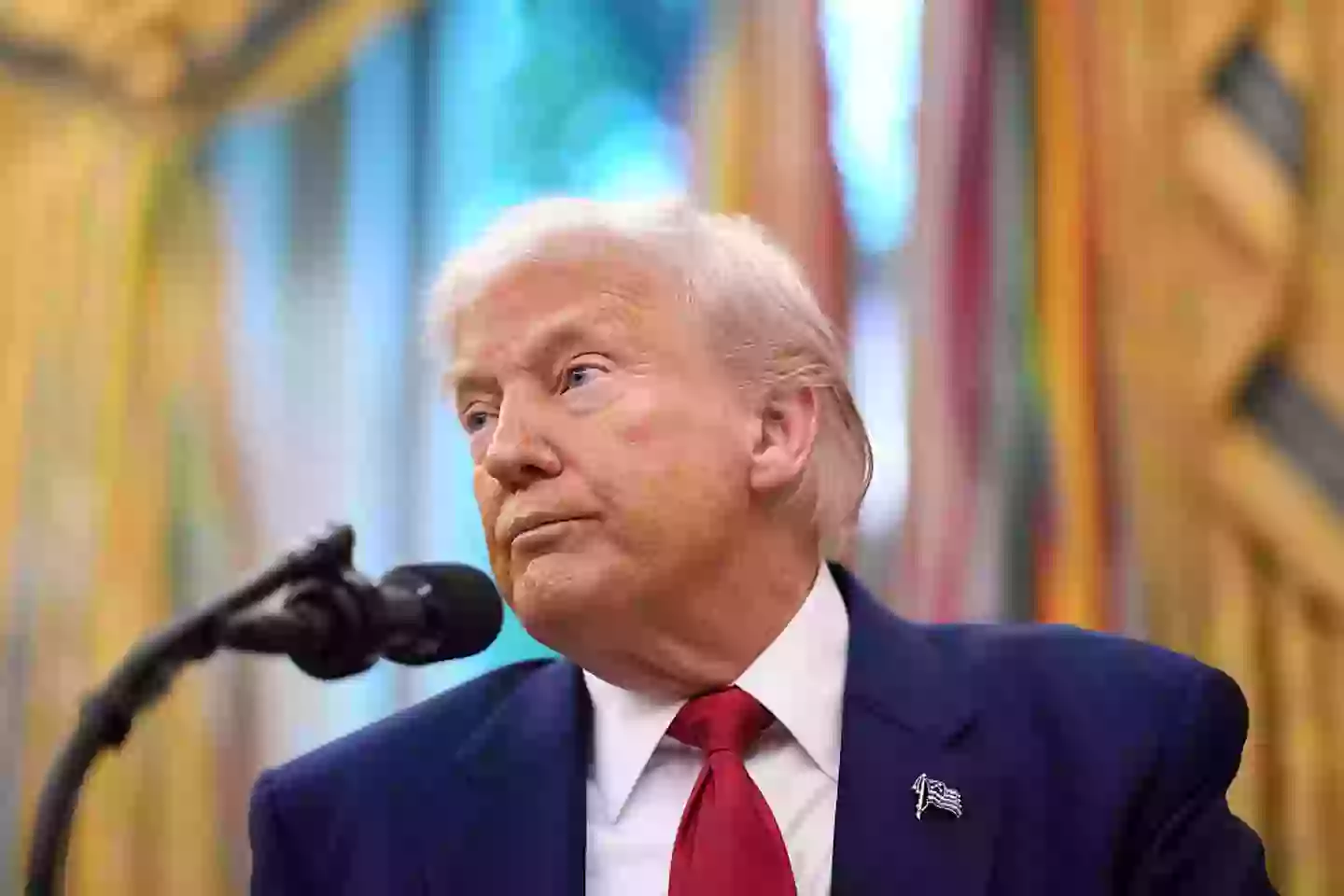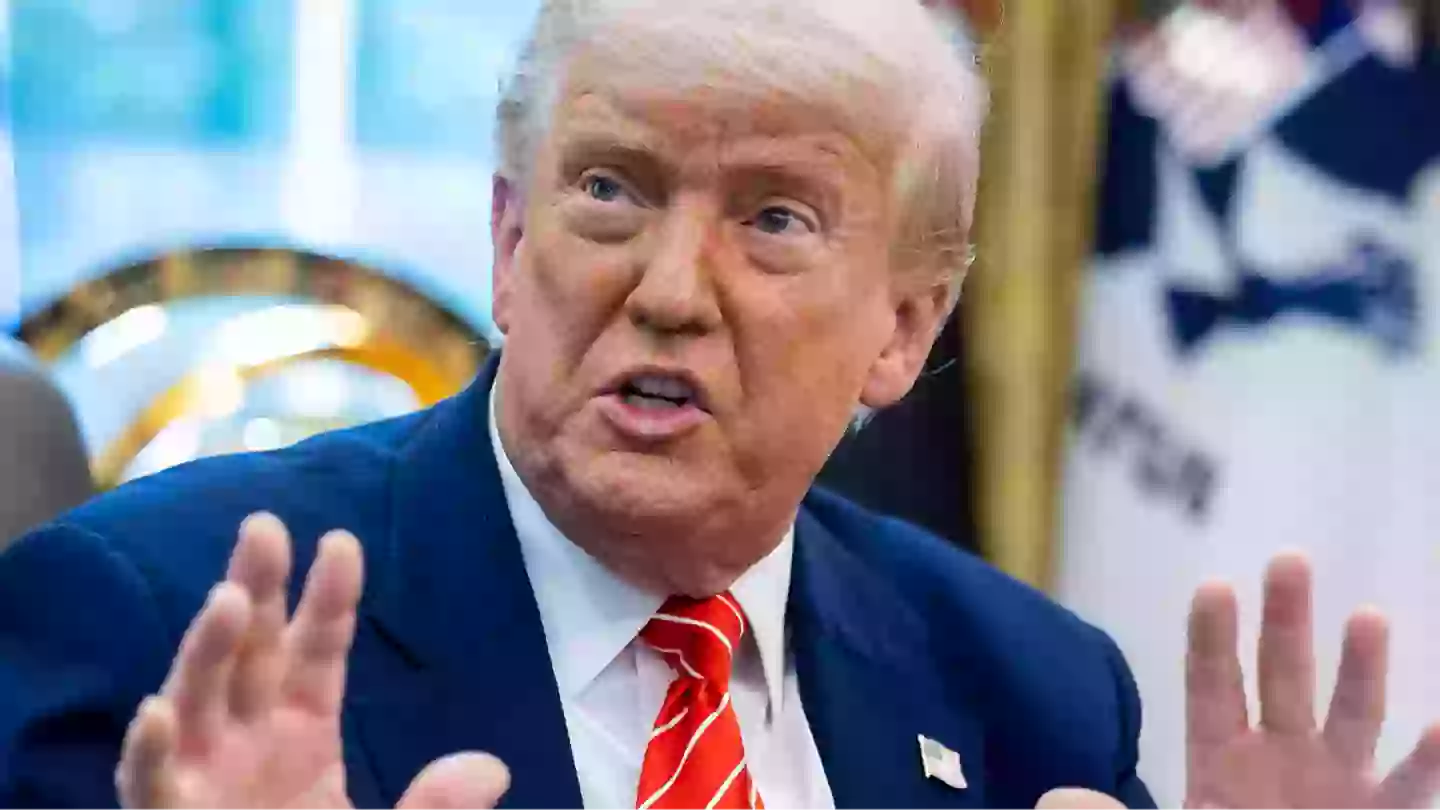Donald Trump has issued an executive order that will prohibit individuals from 12 nations from entering the United States.
The President signed the travel ban on June 4, and it is scheduled to go into effect on Monday. There is still time for countries to be removed or added before the ban is enforced.
This decision by Trump follows a recent attack in Colorado, where an Egyptian national allegedly targeted a group of pro-Israel demonstrators at an outdoor mall in Boulder, according to BBC News.
On June 2, discussing the connection between the order and the attack, Trump stated: “The recent terror attack in Boulder, Colorado, has underscored the extreme dangers posed to our country by the entry of foreign nationals who are not properly vetted, as well as those who come here as temporary visitors and overstay their visas.”
He added, “As President, I must act to protect the national security and national interest of the United States and its people.”
Trump further argued that the United States needs to ensure those entering the country do not have “hostile attitudes toward its citizens, culture, government, institutions, or founding principles,” as reported by Sky News.
The countries affected by this order are Afghanistan, Myanmar, Chad, the Republic of the Congo, Equatorial Guinea, Eritrea, Haiti, Iran, Libya, Somalia, Sudan, and Yemen.
The Trump administration will also “partially restrict and limit the entry of nationals” from Burundi, Cuba, Laos, Sierra Leone, Togo, Turkmenistan, and Venezuela.
With the implementation date approaching, Trump expressed his willingness to negotiate with the nations listed.

He described himself as “committed to engaging with those countries willing to cooperate to improve information-sharing and identity-management procedures, and to address both terrorism-related and public-safety risks,” according to the New York Post.
Some individuals are exempt from the ban, including athletes traveling for major sporting events, those with “immigrant visas for ethnic and religious minorities facing persecution in Iran,” Afghan nationals holding Special Immigrant Visas, lawful permanent residents of the US, and dual nationals with citizenship in countries not covered by the travel ban, as explained by the BBC.
As anticipated, this new order has sparked criticism, with Rep. Pramila Jayapal, the former chair of the Congressional Progressive Caucus, calling the ban “dangerous.”
On Twitter, she remarked: “This ban, expanded from Trump’s Muslim ban in his first term, will only further isolate us on the world stage.”
Jayapal continued, “This discriminatory policy, which limits legal immigration, not only flies in the face of what our country is supposed to stand for, it will be harmful to our economy and our communities that rely on the contributions of people who come to America from this wide range of countries.”

